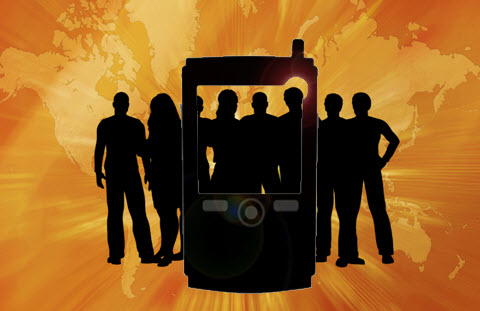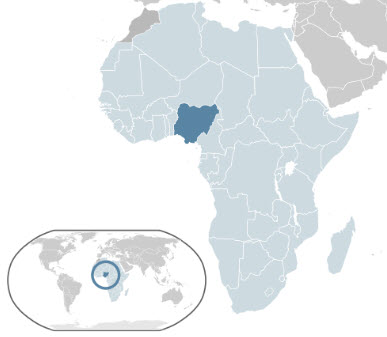The last year has made it especially clear that mobile is not a fad but a revolution in marketing
With the rapidly increasing penetration of smartphones and tablet computers, mobile has changed the way that people conduct their daily lives.
It starts with their alarms in t he morning to the maintenance of their work and school schedules, topic research, communications – verbal, text, email, social networking, etc. – and even their shopping. Companies and brands of all sizes have not failed to recognize this important trend, and are now seeking ways to embrace this technology so that they can take advantage of the tremendous opportunities that it has to offer.
he morning to the maintenance of their work and school schedules, topic research, communications – verbal, text, email, social networking, etc. – and even their shopping. Companies and brands of all sizes have not failed to recognize this important trend, and are now seeking ways to embrace this technology so that they can take advantage of the tremendous opportunities that it has to offer.
Google has been a central organization in the efforts to go mobile (GoMo) for many companies.
It is continually presenting an increasing wealth of information and resources so that companies of all sizes can understand what they need to do to become a part of the mobile web, and begin spending their advertising dollars there. This is, after all, how the search engine giant makes a significant amount of its income. Therefore, the better informed and equipped the business world can be in going mobile and marketing there, the more everyone will benefit over the long term.
There are, according to Google, five primary questions that every business should ask itself.
This questions were whittled down from the broader concepts that make up the mobile marketing world and are the heart of any strategy or campaign that can be successfully run using that channel. They are the following:
• How will the value proposition be changed by mobile? This includes how the mobile customer will be served by the company, the way in which local consumers can be targeted, and the challenge relating to price transparency.
• How will the company’s digital consumer resources be changed by mobile? For example, the mobile optimization of the website, or the development of an app.
• Is the company actually embracing mobile technology in a way that is meaningful and accountable, both to operations and the consumer?
• How should mobile marketing be adopted by the company? This includes multi-channel marketing, a mobile search strategy, and using this technology for building the brand.
• How can the tablet consumer be specifically addressed? This includes the specific needs of tablet users and how they are different from smartphone owners, and the implementation of tablet commerce strategies.

 in access to the programs. The Etisalat telecommunications company is also using security features that are ISO-1 compliant, to ensure that there is safety against manipulation by thieves or interception by hackers.
in access to the programs. The Etisalat telecommunications company is also using security features that are ISO-1 compliant, to ensure that there is safety against manipulation by thieves or interception by hackers.